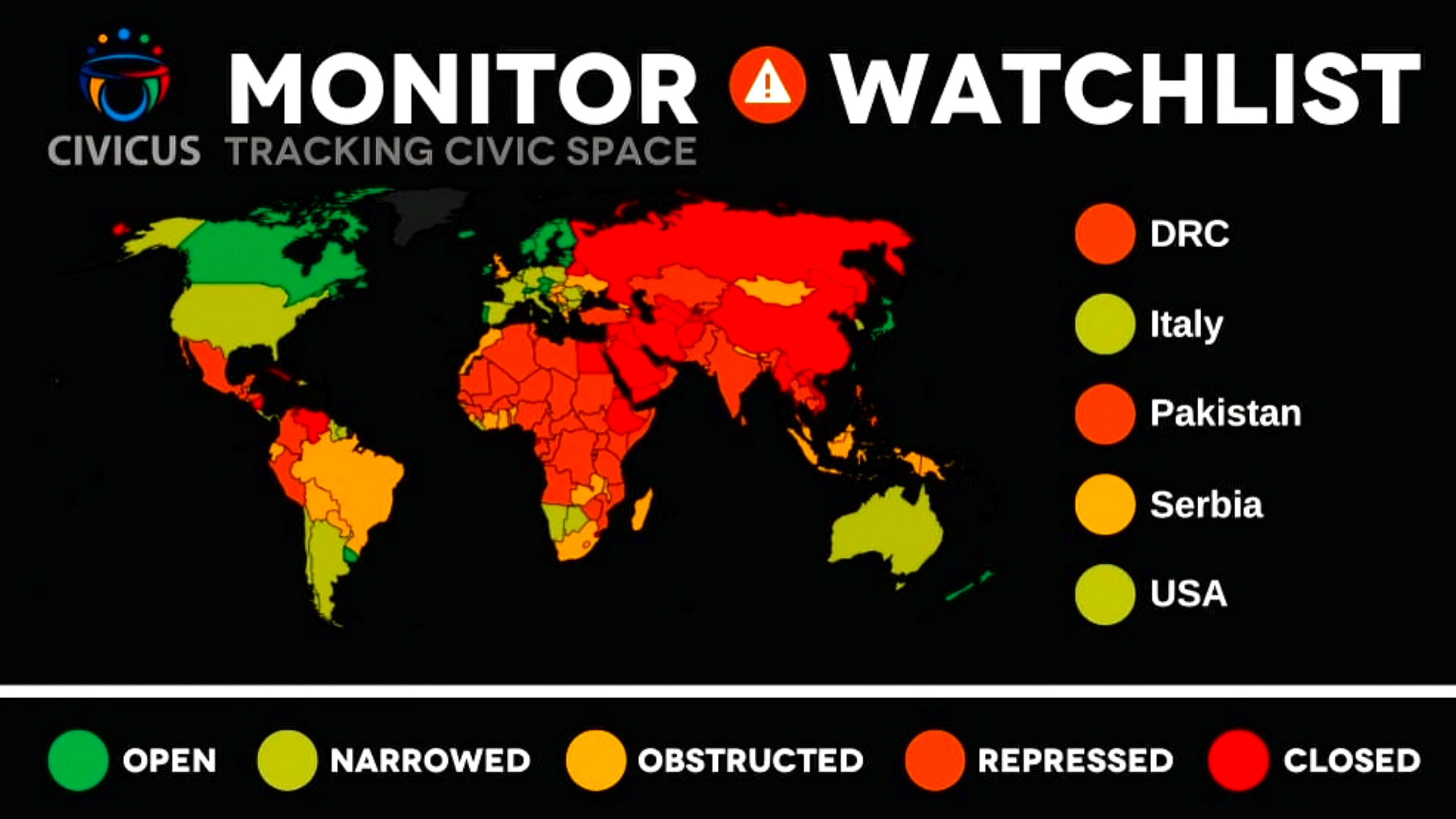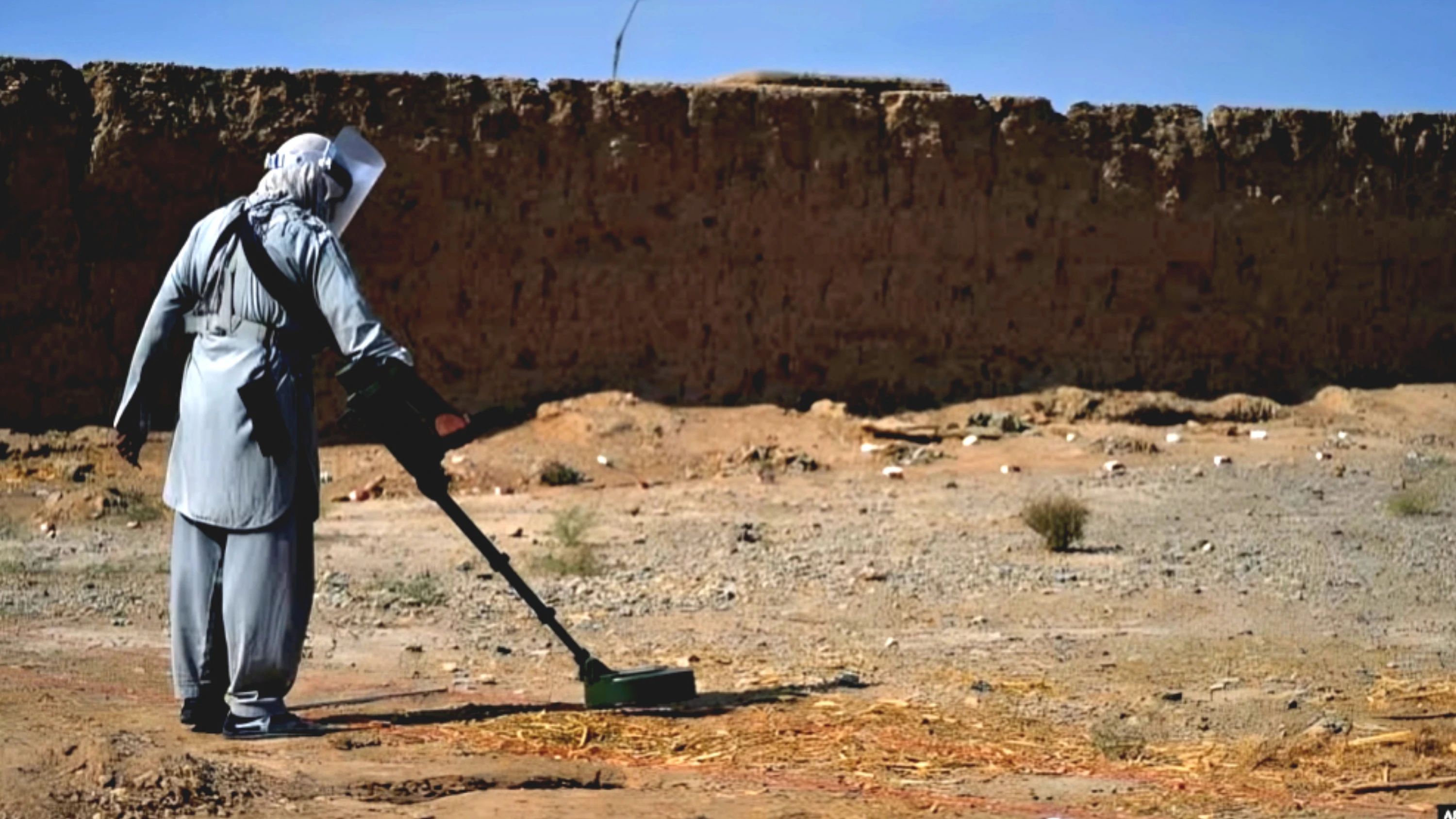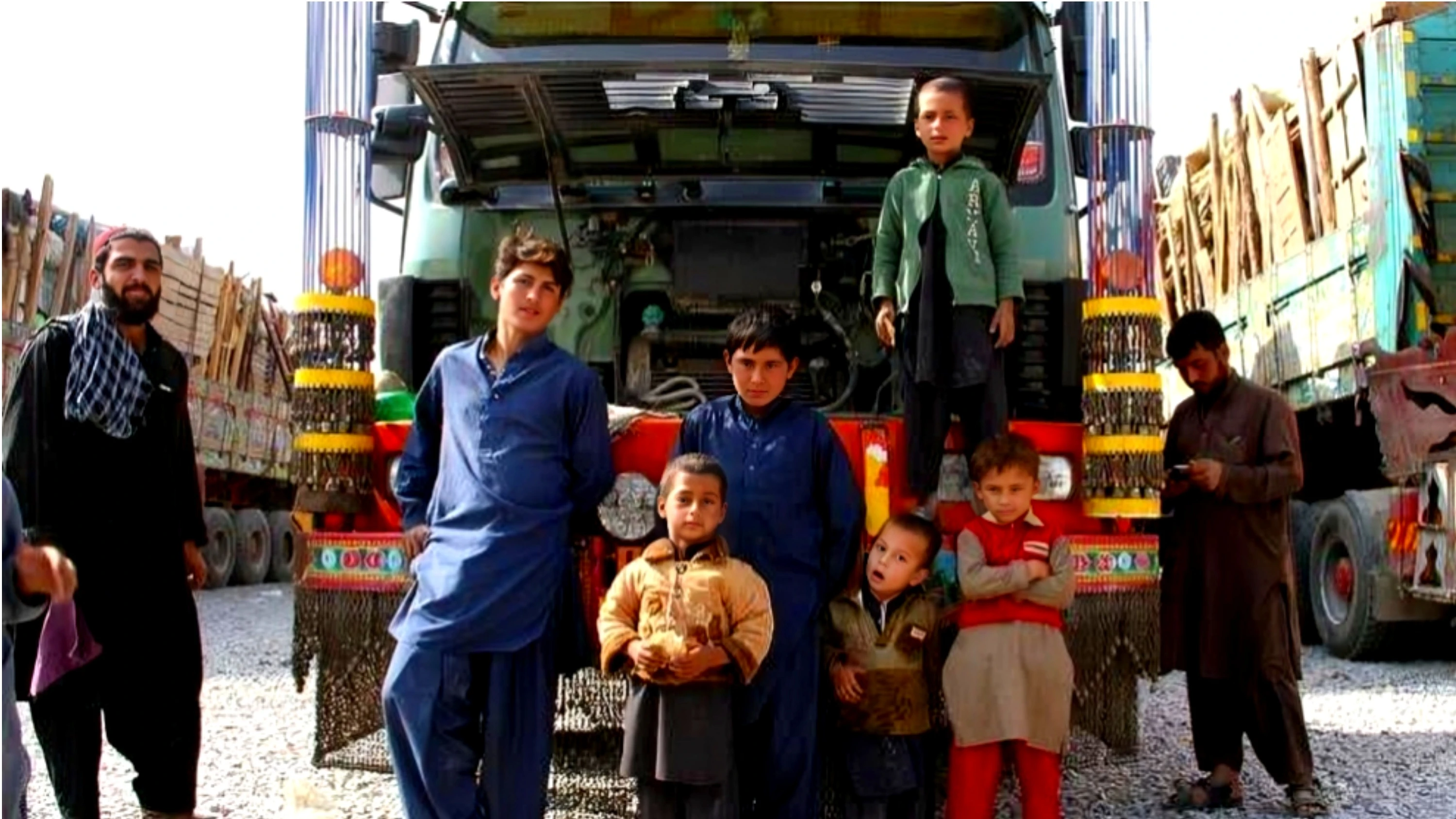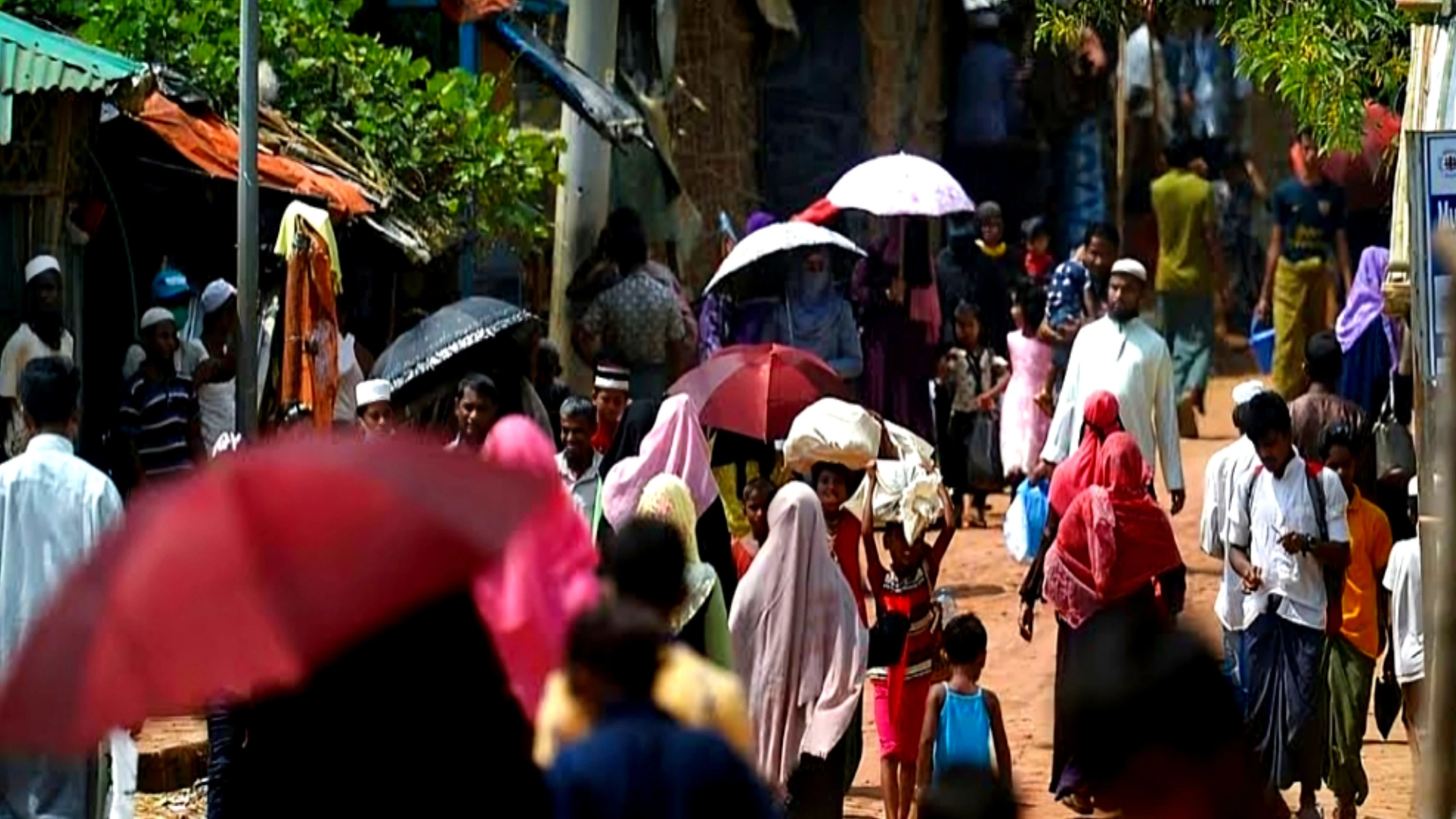Islamabad: Pakistan has been placed on the Civicus Monitor’s Human Rights Watchlist for 2025 due to increasing restrictions on civil liberties, the arbitrary targeting of human rights activists by authorities, and the suppression of journalists through repressive laws.
According to Civicus report, Pakistan joins the Democratic Republic of Congo, Serbia, Italy, and the United States on this year’s watchlist, which highlights countries where civil liberties are rapidly deteriorating. On its website, Civicus has categorized Pakistan’s status as "repressed."
The press release explains that Pakistan’s inclusion in the watchlist is due to the criminalization of activists, suppression of protests by opposition groups and minorities, and digital restrictions imposed by the government. The report specifically mentions that authorities have filed fabricated charges against Dr. Mah Rang Baloch, leader of the Baloch Solidarity Committee, and human rights lawyer Imaan Zainab Mazari.
Dr. Mah Rang Baloch is facing multiple criminal charges, including those under the Anti-Terrorism Act, for organizing and participating in protests. Similarly, Imaan Zainab Mazari has been targeted with terrorism-related charges due to her advocacy for victims of violence and persecution, as well as her defense of marginalized religious and ethnic communities.
Civicus also noted that in 2024, Pakistan used the Anti-Terrorism Act to ban the Pashtun Tahafuz Movement (PTM). Rajivelo Kronanithi, Advocacy and Campaigns Officer for Asia at Civicus, condemned the charges against activists like Dr. Mah Rang Baloch and Imaan Zainab Mazari as politically motivated, describing them as attempts to silence dissent. He called on the Pakistani government to immediately drop the fabricated charges and lift the ban on PTM.
The monitor also observed a systematic crackdown on political opposition protests in October and November 2024. It reported that authorities arrested hundreds of individuals ahead of protests, charging them under vague and overly broad laws. Security forces blocked major roads and highways to restrict the movement of demonstrators.
Civicus highlighted that protests by Sindhi and Baloch communities were met with state repression, which it described as a direct violation of Pakistan’s commitments to uphold civil liberties.
Additionally, the monitor noted that journalists were targeted under the Prevention of Electronic Crimes Act (PECA), accused of spreading "false narratives" against state institutions. Civicus reported that in January 2024, amendments were made to PECA to further tighten control over free speech. It also pointed out that the social media platform X (formerly Twitter) has been blocked in Pakistan since February 2024, and authorities have repeatedly suspended mobile and internet services during protests.
The press release concluded that the crackdown on opposition and ethnic minority protests, along with the targeting of journalists and digital restrictions, contradicts Pakistan’s international human rights obligations and the recommendations of the United Nations Human Rights Committee.
Civicus noted that in October 2024, the UN Human Rights Committee reviewed Pakistan’s record on civil and political rights and urged the government to uphold civil liberties.
Rajivelo Kronanithi emphasized that authorities must protect the rights to peaceful assembly and free expression and ensure that perpetrators of human rights violations are held accountable.








